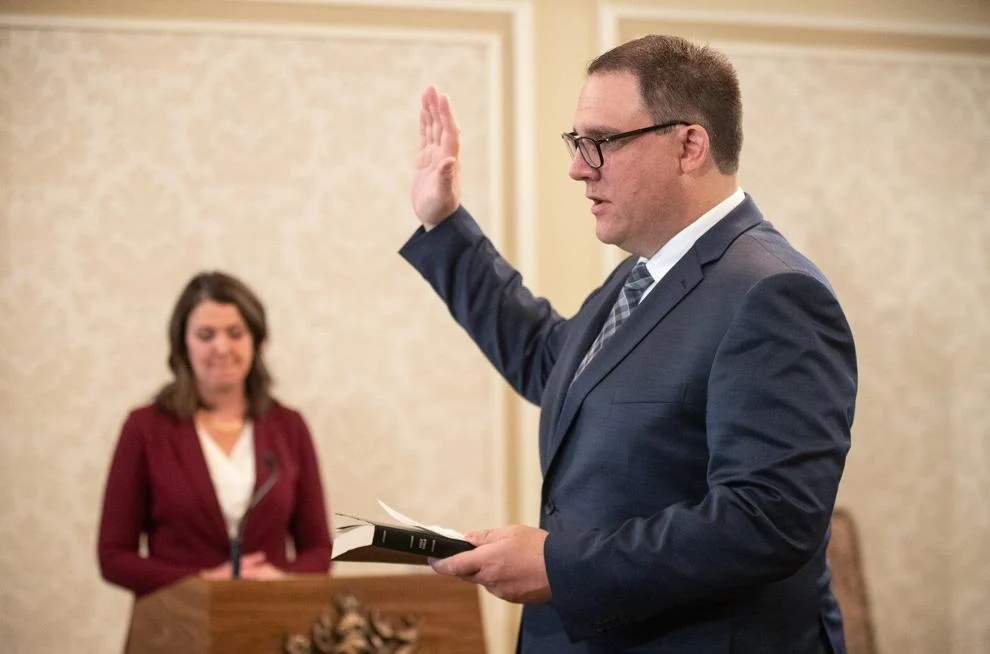
Alberta’s Community and Social Services Minister, Jason Nixon, recently announced plans to overhaul the province’s funding model for homelessness services. The government intends to move away from its current system, where funding is distributed through the Calgary Homeless Foundation and six other non-profits acting as local hubs. These Community-Based Organizations (CBOs) currently receive lump sums of government funding, which they allocate to smaller service providers through grants. Instead, the government plans to distribute funding directly through its existing grants system.
Minister Nixon stated that eliminating the intermediary role of the CBOs will streamline the process, making it more efficient and enhancing “accountability and oversight” of funded programs and services. He also cited examples of funding being used in ways that did not align with the government’s objectives, further justifying the change.
Concerns Raised
The announcement has sparked significant concerns among advocates and stakeholders. Critics worry that dismantling the current funding model could undermine essential services and disrupt coordination among service providers. Tim Richter, former president of the Calgary Homeless Foundation and now head of the Canadian Alliance to End Homelessness, warned that the change could lead to more people missing out on critical services.
Richter highlighted that hub organizations like the Calgary Homeless Foundation and Edmonton’s Homeward Trust currently help smaller providers collaborate, ensuring services are well-coordinated and addressing gaps. He fears this collaboration could be lost under the new system, arguing that solving homelessness requires building cohesive systems rather than fragmenting them. Richter also criticized the government’s approach, suggesting it reflects a lack of commitment to addressing homelessness comprehensively.
Janis Irwin, the NDP’s housing critic, echoed these concerns. She questioned how the new system would determine which anti-homelessness groups receive funding and expressed fears that organizations focusing on harm reduction, such as Boyle Street Community Services in Edmonton, might be excluded. Irwin also warned that Alberta could lose valuable data on homelessness currently gathered by CBOs, which is critical for tracking progress and informing policies.
The Government’s Perspective
Minister Nixon argued that the existing model, introduced in the mid-2000s, is outdated and overly focused on Alberta’s largest cities, leaving rural areas underserved. With homelessness now affecting communities across the province, he emphasized the need for a more equitable and transparent system. Nixon also pointed to the lack of public reporting under the current model, which has made it difficult for Albertans to track how funding is allocated and spent.
In the 2024-25 fiscal year, Alberta allocated over $101 million to CBOs, including $41.6 million to the Calgary Homeless Foundation, the largest of these organizations. Nixon’s announcement included plans to establish a panel to advise on the government’s new approach to homelessness, with a particular focus on addressing rural homelessness. The panel will engage with service providers over the coming months to ensure a smooth transition to the new funding model.
At Polite Canada, we look at the announcement as a self-check measure. There needs to be awareness for the people and accountability on the part of the government and community-based organizations. It is a problem if hundreds of millions of tax-payer dollars are spent and the issue of homelessness grows instead of being contained. We believe that it is always important to have more transparency and accountability in terms of money management across all provinces in Canada.
Source: The Canadian Press

